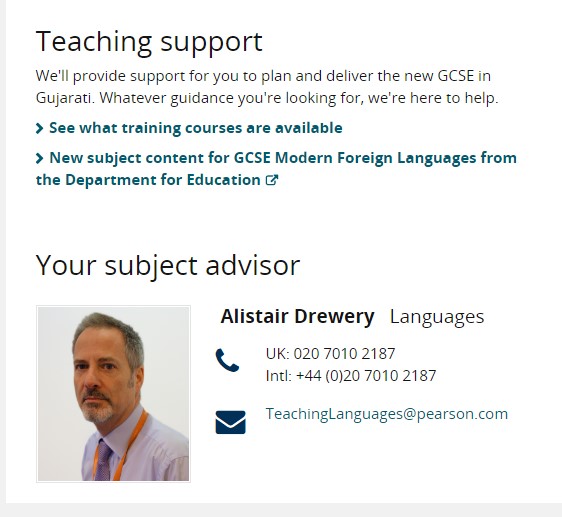For GCSE subjects taught in mainstream schools the new specifications are already being taught and children will be taking the new exams in the Summer term 2018 (or in the case of English and maths already took the reformed exams this year).
For ‘community’ languages ie. many of the languages taught in supplementary schools, the new specifications were issued for teaching from September 2017 by AQA and are still in draft for Pearson Edexcel, due to be taught from September 2018. Exams will be available to take in 2019 or 2020 depending on language.
Take a look at the draft specification for your language on the exam board website.
Have you had training on the new specification? Are you sure that your pupils will be able to take the current/old specification exam in 2018? Have you spoken to the mainstream schools where your pupils sit their language exams? Let us know and we will get more information for you and, if necessary, co-ordinate a campaign to ensure that pupils are able to take ‘community’ language exams in 2018 and 2019.
These changes will apply to all awarding organisations’ specifications:
- The new 9-1 grading system will replace A*-G, and there will no longer be any controlled assessment. All papers will be set and marked by the awarding organisation.
- Papers will be tiered, with 25% assessment weightings per skill (listening, speaking, reading, writing).
- Compulsory topics will be linked to identity and culture; local, national, international and global areas of interest; and current and future study and employment.
- Papers will include:
- short translations from and into the target language
- some target-language questions in the reading and listening papers
- authentic stimuli in the reading paper, including literary texts.
For AQA the following languages will be available for GCSE examination from 2019:
Bengali, Chinese (Mandarin), Italian, Modern Hebrew, Panjabi, Polish, Urdu
For Pearson Edexcel the following languages will be available for GCSE examination in 2019
Arabic, Greek, Italian, Japanese, Portuguese, Russian, Urdu
And the remaining five from 2020:
Gujarati, Turkish, Biblical Hebrew and Persian
For A levels check with the examination boards directly.
If you teach a language offered by AQA then you should contact the person you generally speak to, these languages have been with AQA for several years. If you used to speak to someone at OCR, contact Alistair in the first instance for all languages with Pearson because he is very helpful – see below.


Leave a Reply
You must be logged in to post a comment.